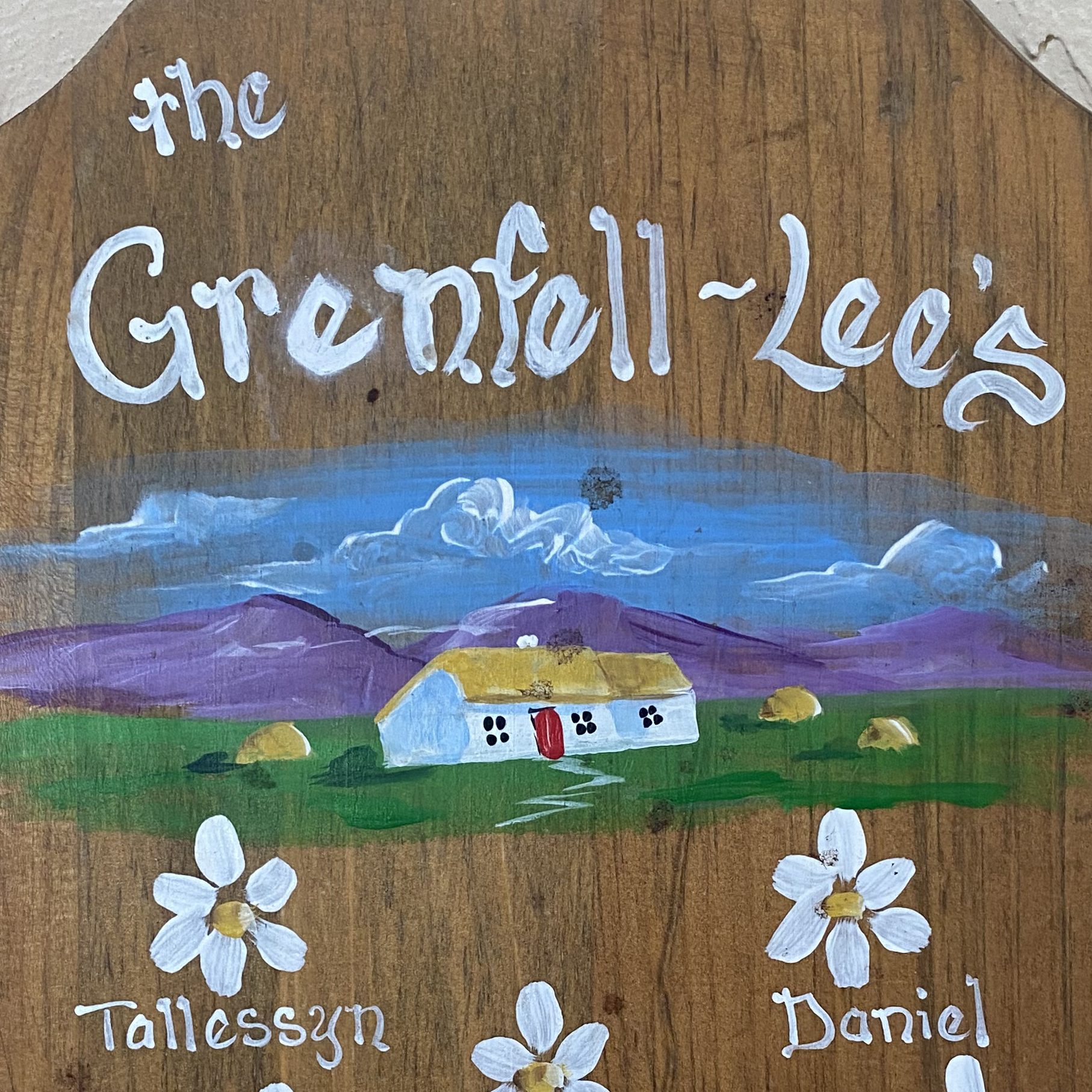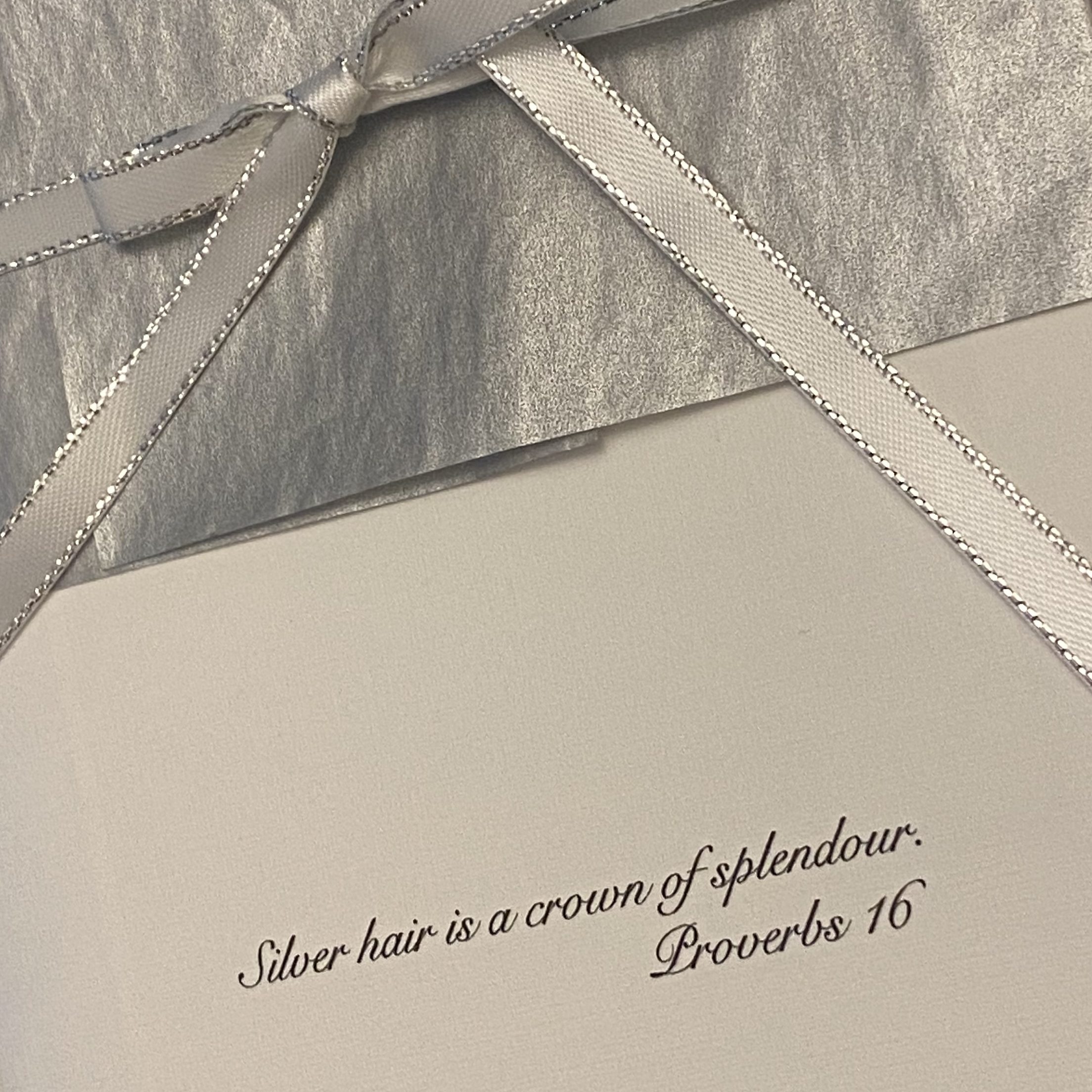Dan and I celebrated our 25th anniversary recently. I asked my adult daughters whether it might be fun to make a big event of it – a worship service, a reception, an opportunity to see beloved family and friends. My older daughter thought it sounded wonderful. My younger daughter was so moved, she wept.
It’s no accident that our two daughters felt so joyful. Of course, they love us, and want to celebrate, to sing and dance with loved ones. But it’s also part of something bigger. Something they don’t take for granted, ever. Something feminist. And something religious.
It’s part of a larger story that several people have asked me to write up over the years; so in celebration, I thought now would be a good time. I met Dan as an undergrad in the 90s – he was a grad student in my first biology lab. He had such a nice smile; I thought to myself, wow, he sure is friendly for a guy with a mohawk and a Gwar T shirt. Later, I found out he was a PK, like me. We preacher’s kids are a unique breed. We understand each other. Just rebellious enough to stay sane; otherwise, fairly wholesome. He asked if I’d found a church I liked, and then invited himself along; and the rest is sort of nerdy PK history. Through lots of fascinating post-sermon conversations over late night snacks, we became great friends. After a few years of that, we realized what others had already seen – we were also perfect for each other.
We also had plenty of things to work out, and one of them had to do with last names. My feminist Mom had thought a lot about last names. After she left my Dad, she didn’t go back to her father’s family name (sometimes curiously still called a ‘maiden’ name). Instead, she researched her maternal family line as far back as she could, and took that name as her new last name. She talked about how much she loved the idea of hyphenated married names. “You don’t just keep adding more and more names with each generation,” she explained. “If you have boys, they can just keep their father’s last name when they marry – which is what usually happens already. But if you have girls, they can keep their mother’s name when they marry, and carry on the maternal name. That way, each new couple would always have two family names, joined together.” (Of course, she was assuming a heterosexual marriage; ‘but either way,’ I thought at the time, ‘in her system, kids would have more choices.’)

to which we have added our children’s names and pets’ names over the years.
So I brought up the idea with Dan early on. “I always figured, my wife could keep her name if she wants to,” he said. “But what about the kids?” I asked. “They would have… my name…” he said, slowly, realizing as he said it that it wasn’t in the least bit fair. I diplomatically let it drop. Who knew if we would even stay together?
Fast forward to when we realized we definitely were going to stay together. “I want to build an equal partnership with you,” I said. “How can we look our children in the eye and say we have an equal partnership, if they have only your family name?” He sighed. “I know I’m not being fair. I know it’s not rational. I can’t explain why I’m having a hard time with this. I just need more time.”
Well, okay. I could be patient. But as more and more time went by, I could see he was clearly dragging his feet and making excuses. I realized our current approach to the topic wasn’t working for me; so I said, “I’ve changed my mind. You no longer get to take my last name. I love my family’s name. It stands for a heritage I am really proud of, and sharing it with someone is an honor and a privilege. I would have been really honored to take your family’s name. And if the time comes when I feel like you’ve earned that honor and privilege again, I will reconsider. But for now, I’m done feeling like you would be doing me a favor.”
Dan was more than a little startled. He apologized immediately for making me feel that way, and said he really wanted another chance to earn that privilege, and also my trust. And, eventually, he did. By the time we got married, we both felt good about joining our last names together to create a new, Cornish/Korean family – we’re definitely the only Grenfell-Lees I’ve ever heard of.
Well, fast forward again, and wouldn’t you know that we ended up having only girls. And they are truly grateful. They are grateful to have choices about what to do with their last names when they marry. But more, they love that they grew up in a home that keeps trying, day after day and issue after issue, to dismantle internalized sexism, together.
I think last names genuinely matter. So often, they represent a bigger picture in which females are simply… less. To those who say ‘it’s just a name,’ I say – okay! Then let’s use only maternal last names for a few centuries! Maybe after that, things will start to feel more balanced!
Friends, it’s never ‘just a name.’ (And it’s never too late to change yours, either.) Where else is patriarchy still embedded in our language, that we might not have noticed – or want to admit? Where are we still resisting the voices that gently suggest we aren’t there yet? My daughters help me find some of those places. When we find them, can we be open to grow, and support one another?

Nowadays, my husband isn’t just happy about our family name. He’s proud. He loves this story. He uses it in professional settings, to illustrate how all of us can assume we understand someone else’s perspective – and just how wrong we can be. He says the story makes quite an impact. It gets people thinking about our own assumptions, and how we all have room to heal and grow.
Because it’s never, ever too late to heal. Like the names we use for the Divine. At our wedding – and again at our 25th anniversary celebration – we sang old and new names for the Love that gathers us together, that binds us all within its span:
Joyful, joyful, we adore thee, Source of glory, life, and love!
Mortals, join the mighty chorus, which the morning stars began!
Thou our Maker, Christ our Healer, all who live in love are thine;
Teach us how to love each other, lift us to the joy divine!
Discover more from Feminism and Religion
Subscribe to get the latest posts sent to your email.


Congratulations on your 25th anniversary. And for finding a solution to the name dilemma that your family is proud of. I love the idea of boys continuing the father’s line and girls continuing the mother’s line so that both are traceable.
That issue was never part of my feminism. My father’s name was very long, and from the time I was a small child, I announced that I would marry a man whose name was no longer than four letters. And I did. We were married for nearly 50 years when he died, so I lived with his name longer than I did with my father’s, and I have never regretted having a short name (although I went from the beginning of the alphabet to the end). My sister made the opposite choice, she kept our father’s name. Her daughter has her husband’s name and her granddaughter has the last name of both parents (each of which is one syllable). I don’t have children, so I didn’t face that issue. (My husband, whose first name was very long, joked that he would have liked to have my father’s name. )
P.S. I chose my ritual name, Maeryam, although it is a variation of my birth middle name.
LikeLike
Thank you, Judith! I’m so glad your family has had the freedom to find many ways to embrace diverse names! In some countries, this is still legally not allowed, so I am always grateful to live in a place where we have choices. Peace to you!
LikeLike
Kudos to you and your husband for working through the name dilemma and happy anniversary!
LikeLike
Thank you, Linda! We had a wonderful anniversary celebration!
LikeLike